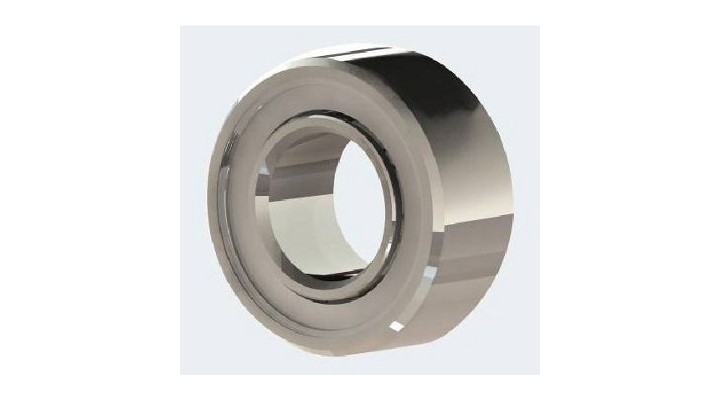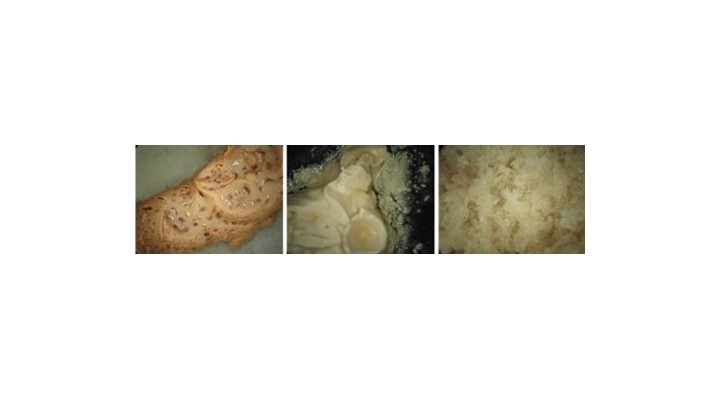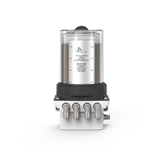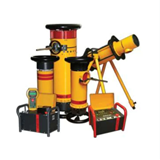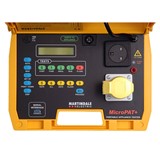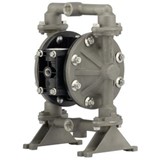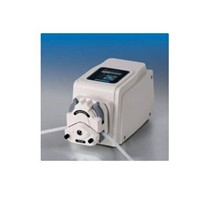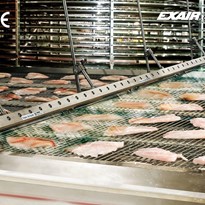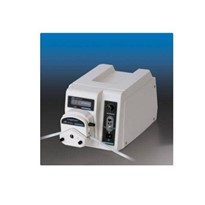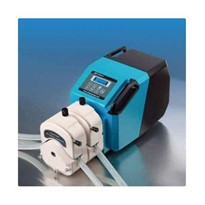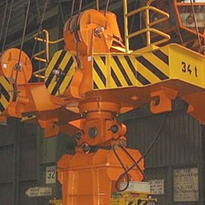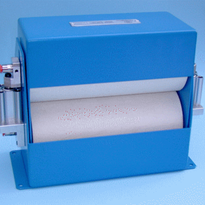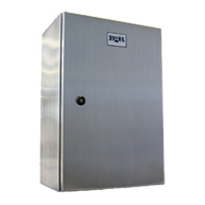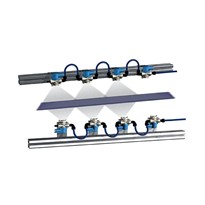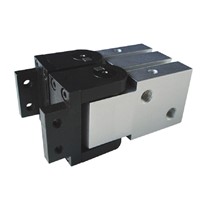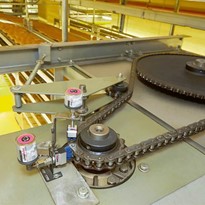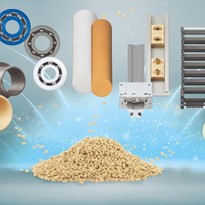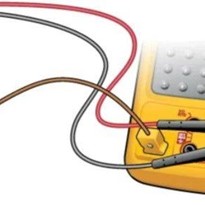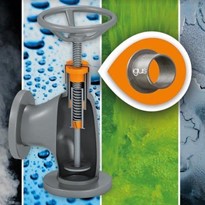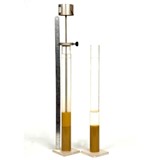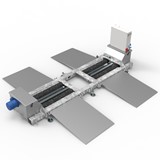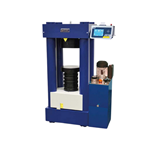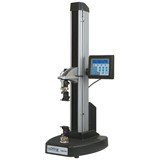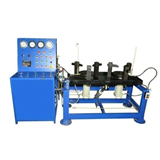Sterilisation requirements push the envelope of lubrication and longer life demands under these extreme environmental conditions. Extensive laboratory tests comprising 30 lubricants from different manufacturers have yielded five resistant lubricants: polyurea-thickened greases with a mineral oil base or PAO are most suitable for use in medical products that are exposed to sterilisation.
These lubricants are already being used extensively for the ever increasing demands of the dental and medical markets. Field results have already produced longer life and have added considerably to our customers’ bottom line.
High Speed dental applications place additional challenges to lubrication. Mandatory sterilisation is very harmful to lubricants. Guidelines from the Robert-Koch-Institute for the processing of medical instruments place great demands on miniature ball bearings used in dental handpieces.
Autoclave sterilisation coupled with superheated steam has minimal affects on GRW’s corrosion resistant bearing and retainer materials – however, lubrication is another issue alltogether. Frequent relubrication of dental instruments with oil sprays contaminates medical devices that are used e.g. for the treatment of open wounds, and therefore which represents an unnecessary risk potential. This is why GRW places high demands on initial lubricantion with respect to surface behavior and sterilisation.
GRW’s research and development staff have tested a total of 30 lubricants in the course of this study including 1,000 sterilisation cycles with superheated steam. Eleven of these greases were prematurely eliminated due to functionality limiting changes e.g. water retention in the grease samples and thermal expansion during autoclaving.
Weight and optical changes, scanning electron micrographic inspections as well as infrared spectra were part of the analytical and visual test criteria for the remaining 19 lubricants. The ball bearings themselves were subjected to running noise (GPR) and starting torque behavior tests. Afterwards they were life tested on GRW’s in-house dental test stands developed specifically for these applications.
GRW’s engineers evaluated the various test results particularly with respect to high speed applications in dental turbines.
Apart from the advantages ascertained from running noise and starting torque, testing on our dedicated dental test stand also showed obvious advantages of prolonging life and subsequent contributions to our customers’ bottom line.
In addition it was recorded that any increase of starting torque, caused by viscosity changes in the lubrication, resulted in considerable heat generation within each bearing. The visual condition of the grease and the loss of mass carried less weight in our test criteria. Infrared spectroscopy and SEM-analysis served as our primary reason for any grease changes or alteration.
Conclusion:
The best results, taking into account all known criteria, were achieved using polyurea-thickened greases with a mineral oil base or PAO. Greases thickened with special lithium or sodium soap additives are unsuitable for autoclaving. Superheated steam readily permeates these altered greases and has a negative effect on the adhesive properties of each grease on the functional surfaces of a ball bearing.


